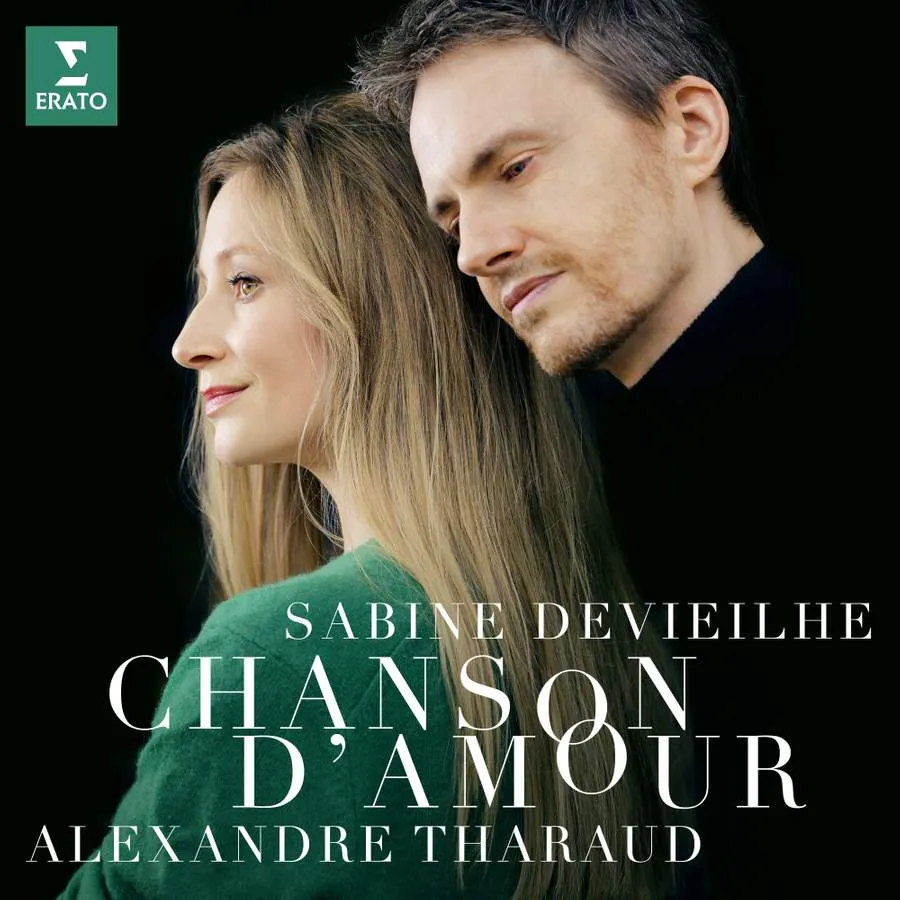
Chanson d'Amour Songs by Ravel, Debussy, Poulenc and Fauré Sabine Devieilhe (soprano), Alexandre Tharaud (piano) Erato 9029522427 64:08 mins
Chanson d’amour may be the title of this collection, but this ‘love song’ is enrichingly multifaceted. Indeed, the recording could equally have been named after the final song, Poulenc’s ‘Les Chemins de l’amour’ (The Paths of Love), for loss, death and war feature alongside the sentimental, sensuous and joyful. Ravel’s Cinq mélodies populaires grecques and Debussy’s Ariettes oubliées catch the eye, and yet these cycles fit seamlessly into a broader sequence also encompassing well-known favourites, such as Fauré’s Après un rêve and relative rarities.
Soprano Sabine Devieilhe has the ideal voice for the Ariettes oubliées, with a creamily dreamy opening to ‘C’est l’extase’. Her iridescent clarity is to the fore throughout, vivacious in ‘Chevaux de bois’ and soaring gloriously in the middle of Fauré’s ‘Les berceaux’. Changes of register, notably Devieilhe’s hushed leap towards the end of Debussy’s ‘Apparition’, are seemingly effortless, matched by Alexandre Tharaud’s ever-nuanced, passionately intelligent pianism. Ravel’s ‘Chanson des cueilleuses de lentisques’ finds them in perfectly controlled equilibrium, Devieilhe floating with aching beauty while Tharaud seemingly strokes the piano strings.
While the Fauré, Debussy and Ravel songs explore affairs of the heart, contrast comes with Poulenc expressing love for things, ranging from mere cigarettes in ‘Hotel’, performed with delicious languor, to mourning occupied France in the ever-poignant ‘C’. Prefacing the latter with the excited anticipation of Voyage à Paris to balance the manic false gaiety of ‘Fêtes galantes’ is a masterstroke typical of a deeply rewarding recital guaranteed to melt the heart.
Christopher Dingle